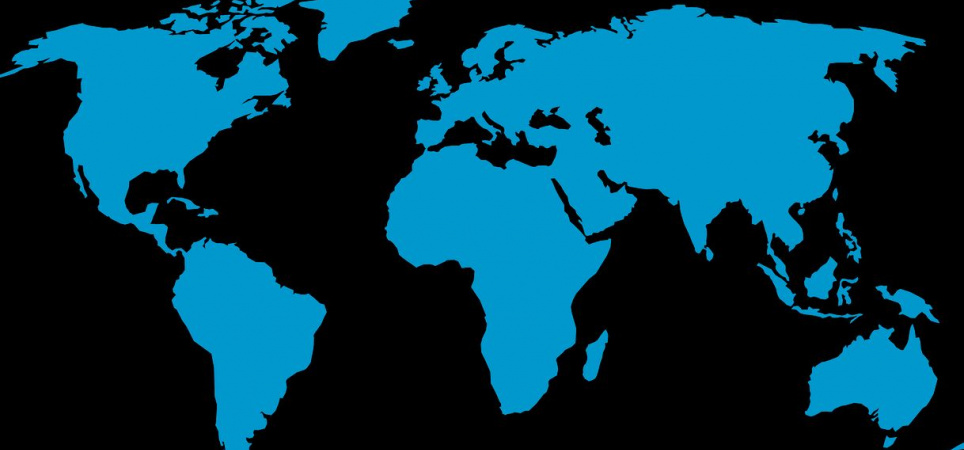Research into expensive transition years for international students
A committee will investigate bridging programs for international students. The programs cost between 12.500 and 18.000 euros per year and prepare foreign students who do not meet the entry requirements for a university bachelor's degree.

Image: Pixabay
The National Commission for the Code of Conduct International Student is investigating how the recruitment and admission of bridging students is arranged at the five universities and three universities of applied sciences that work with commercial providers of bridging programs. The reason for the investigation is a complaint from Wittenborg University the Education magazine reported this spring.
Recruiters sent planeloads of students to the Netherlands who appeared to speak hardly any English on arrival
Students from outside the European Union are only eligible for a Dutch residence permit if the institution where they are going to study has signed the code of conduct for international students. This code was drawn up after several universities and colleges started working with commercial agents in Southeast Asia at the beginning of this century. The recruiters sent airplane loads of students to the Netherlands who turned out to speak hardly any English on arrival. In order to prevent a repetition of this kind of abuse, agreements have been made about the (language) requirements that foreign students must meet.
Visa
Wittenborg director Peter Birdsall doubts whether universities and universities of applied sciences that collaborate with Study Group, Oncampus and Navitas adhere to the established rules of conduct. Not only do they outsource the refresher courses to British and Australian companies, they also leave recruitment and selection to their partners. While the Dutch institutions do allow pre-master students in advance because the providers of pre-master programs do not fall under the code of conduct and therefore cannot arrange visas themselves. The private providers work with local recruitment agents who themselves have no relationship with the university where the international students want to study. The Dutch institutions therefore have little influence on the recruitment of transition students, while those students are automatically admitted to a bachelor's if they have successfully completed the updating program.
The quality of transition students was lower than expected
This working method has already broken up a number of universities and colleges. The University of Groningen did not renew the contract with Study Group when it expired last year, because the quality of the transition students was lower than expected. The Hague University of Applied Sciences and the University of Twente also terminated their collaboration with Study Group, but instead teamed up with the Australian Navitas.
Supervision
Wittenborg University sent new documents to the Ministry of Education this autumn, showing that international students with a HAVO diploma are being admitted to bridging programs preparing for a university bachelor's degree. However, the National Commission does not assess whether the admission has taken place on the basis of the correct prior education, a spokesperson for the Education Inspectorate reports, because the Inspectorate itself supervises this. The Inspectorate will determine whether its own investigation is necessary once the report of the National Commission has been received. This is expected early next year.
Despite the hefty price tag, the switching programs are quite popular
The number of international students in higher education has doubled in the past ten years. Last year, one of the five freshmen came from abroad and the intake continues to grow. The number of international students who come to the Netherlands via Study Group, Oncampus and Navitas is not tracked. Minister Ingrid van Engelshoven replied to parliamentary questions that were raised this spring after AOb.nl reported on Wittenborg's signal. From research of the Education magazine it appears that the switching programs are quite popular despite the hefty price tag. In September, 235 foreign students started the new Navitas program at the University of Twente, while 125 participants were expected for the first edition.
Dichotomy
Due to the growth in the number of international students, the workload in higher education is increasing. Universities and universities of applied sciences are therefore asking for possibilities to limit the influx from abroad. Minister Van Engelshoven is already working on this. It wants to give institutions the opportunity to select students for the English-language courses. The student union LSVb is concerned about the dichotomy that may arise as a result. “We are afraid that selective English-language routes will develop into disguised ones honors-trajectories that only excellent Dutch students can go to, ”says board member Roos van Leeuwen. "The Dutch-language routes then attract students with less self-confidence, such as young people with a migration background or first-generation students."


